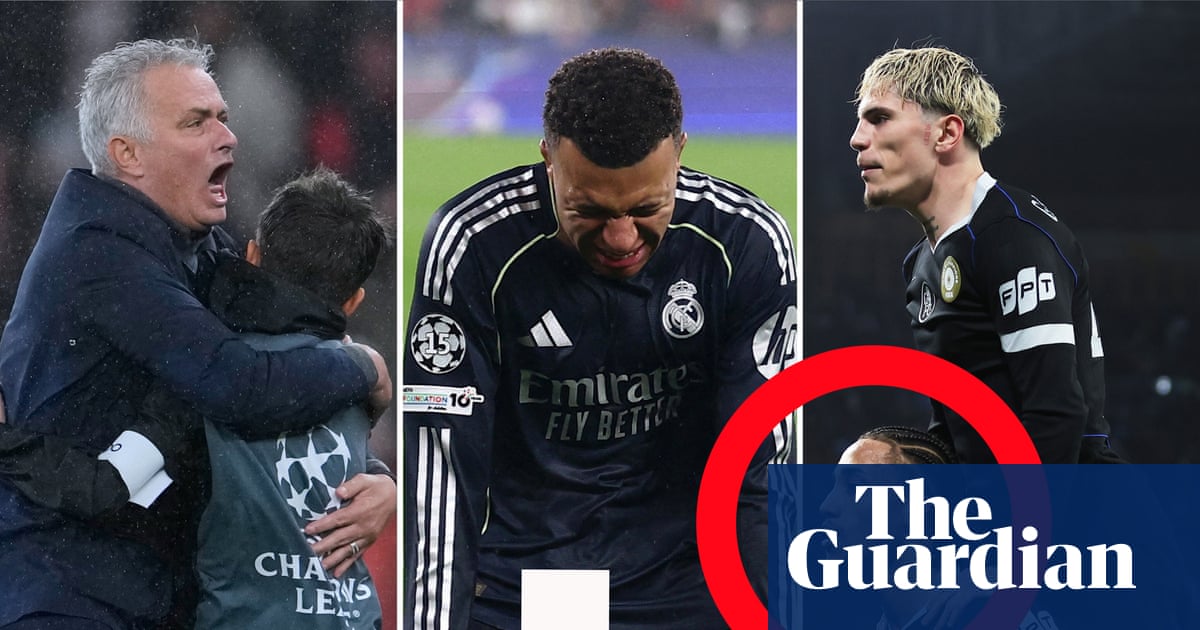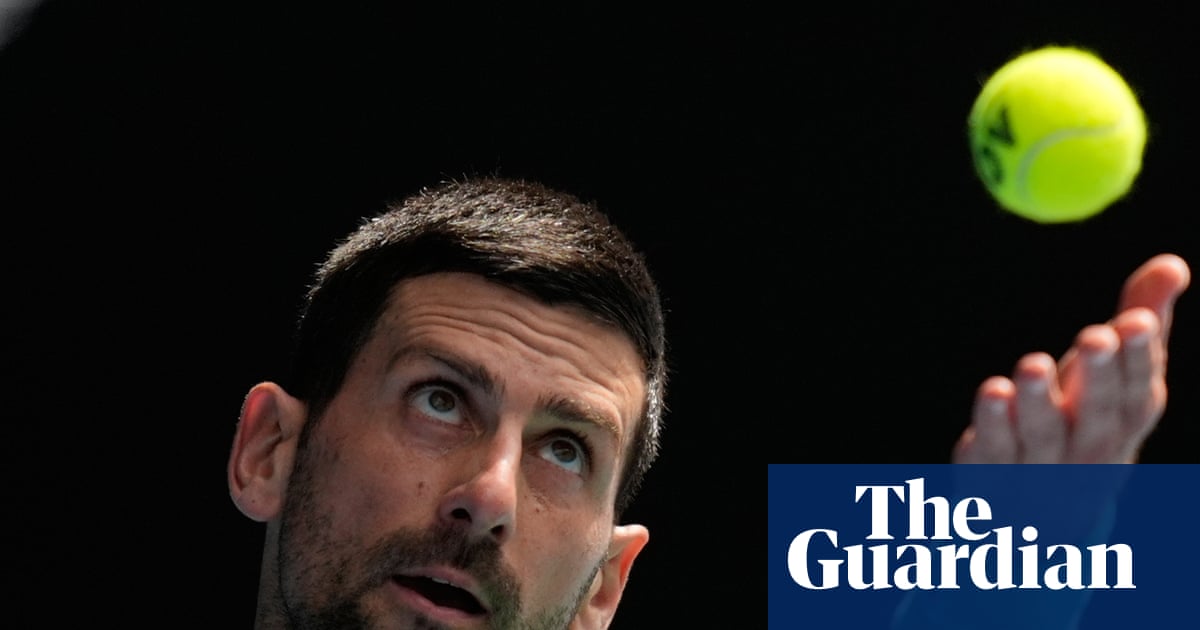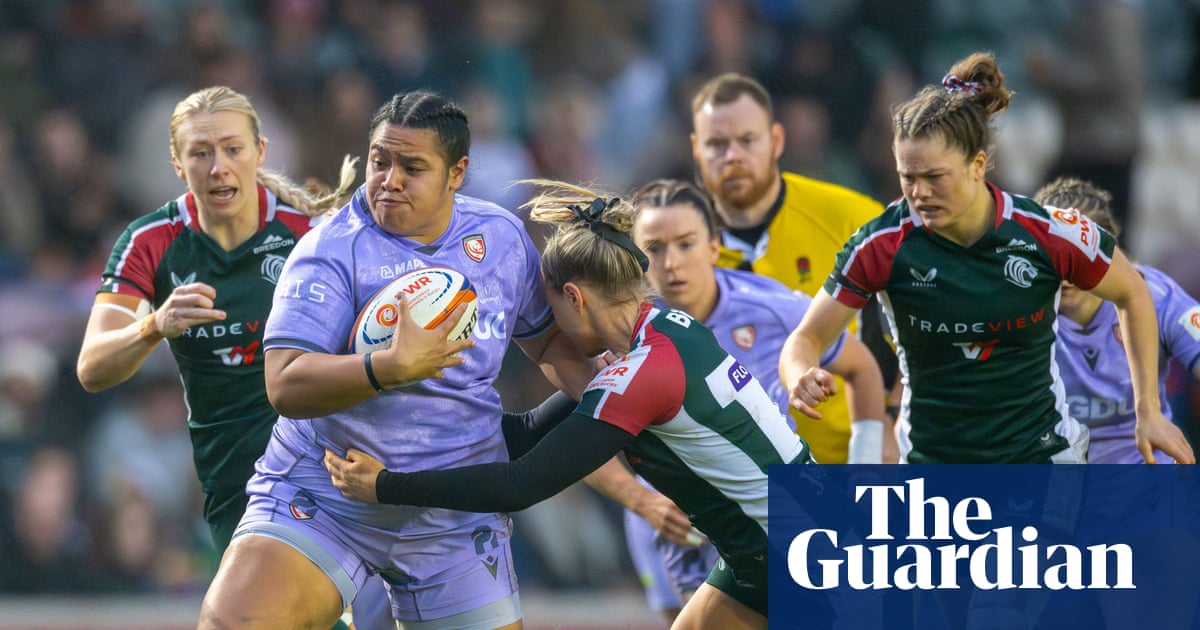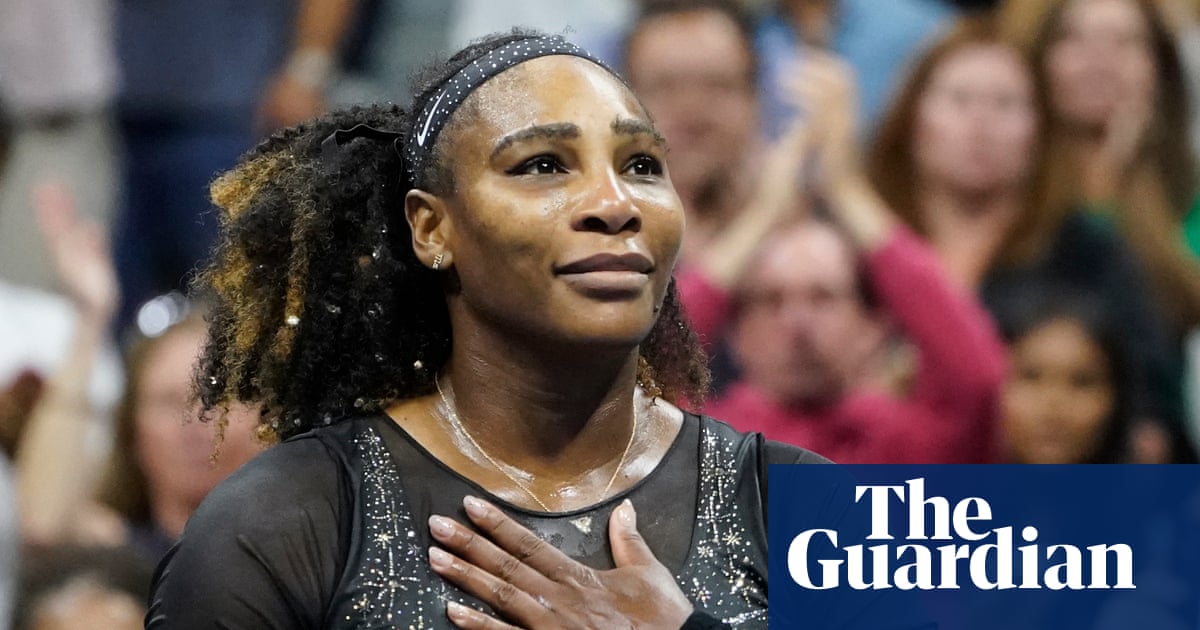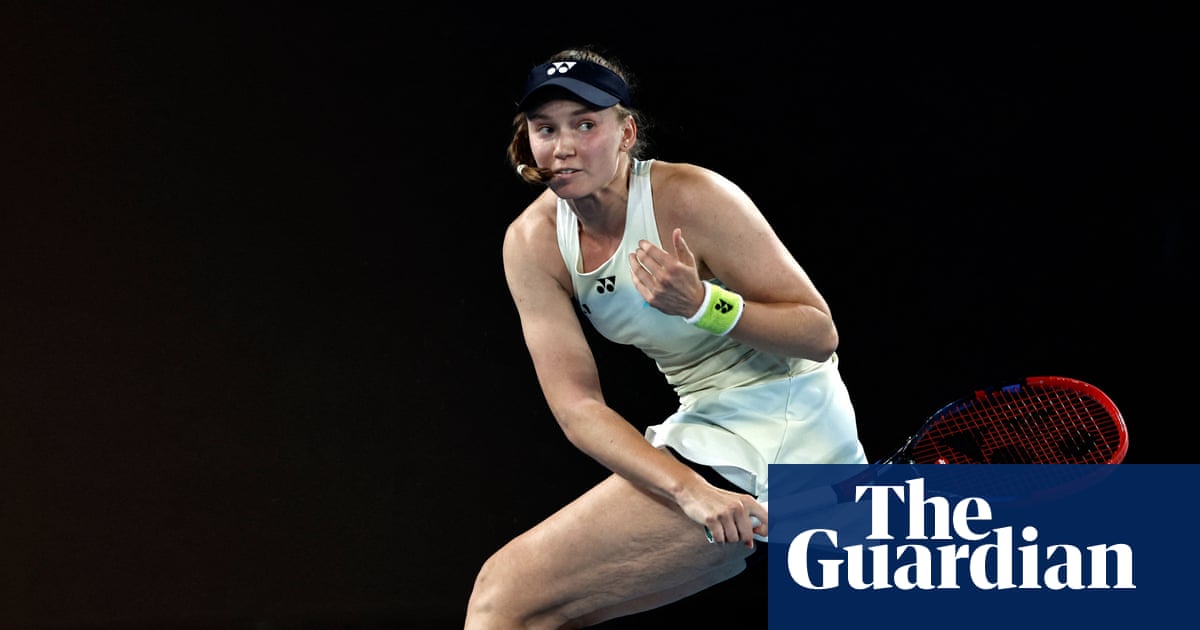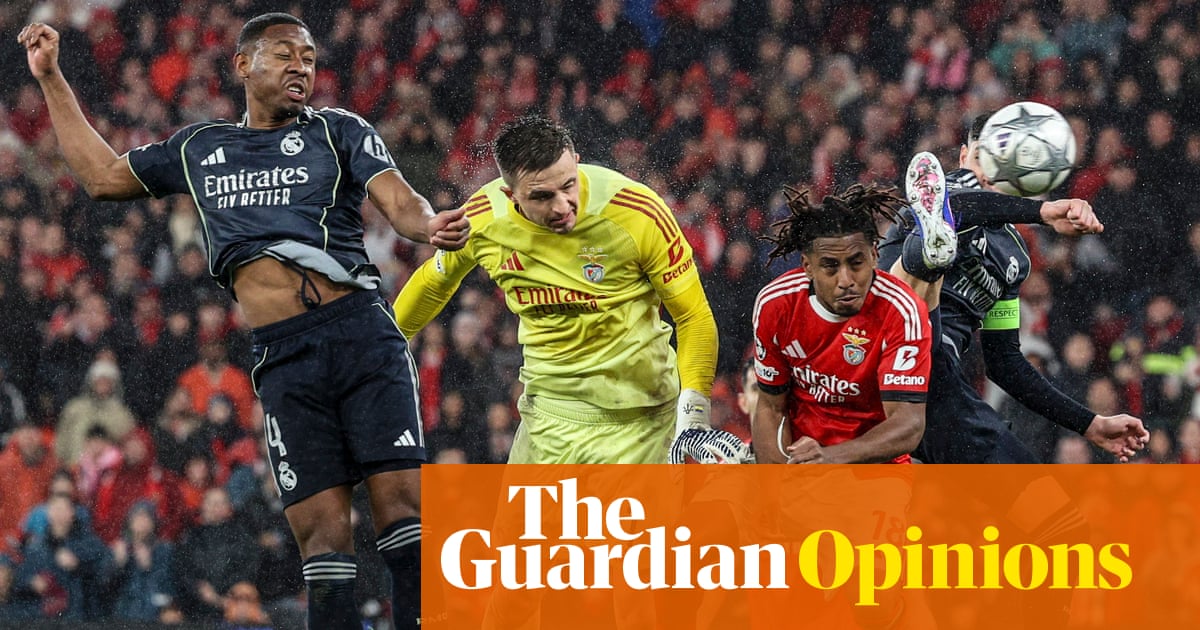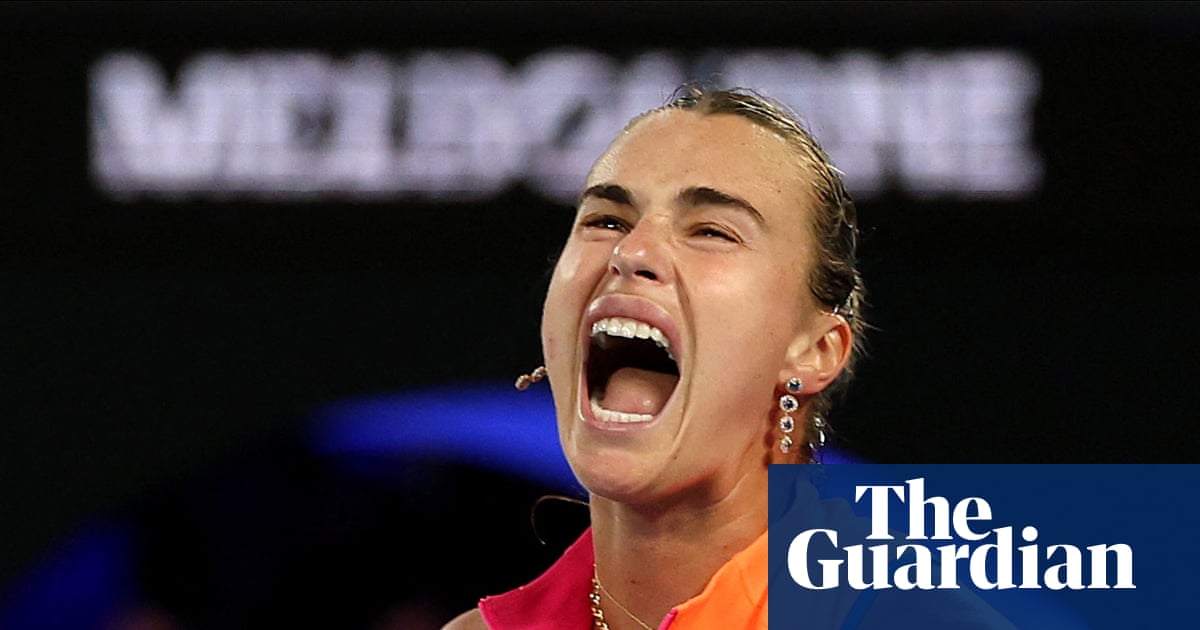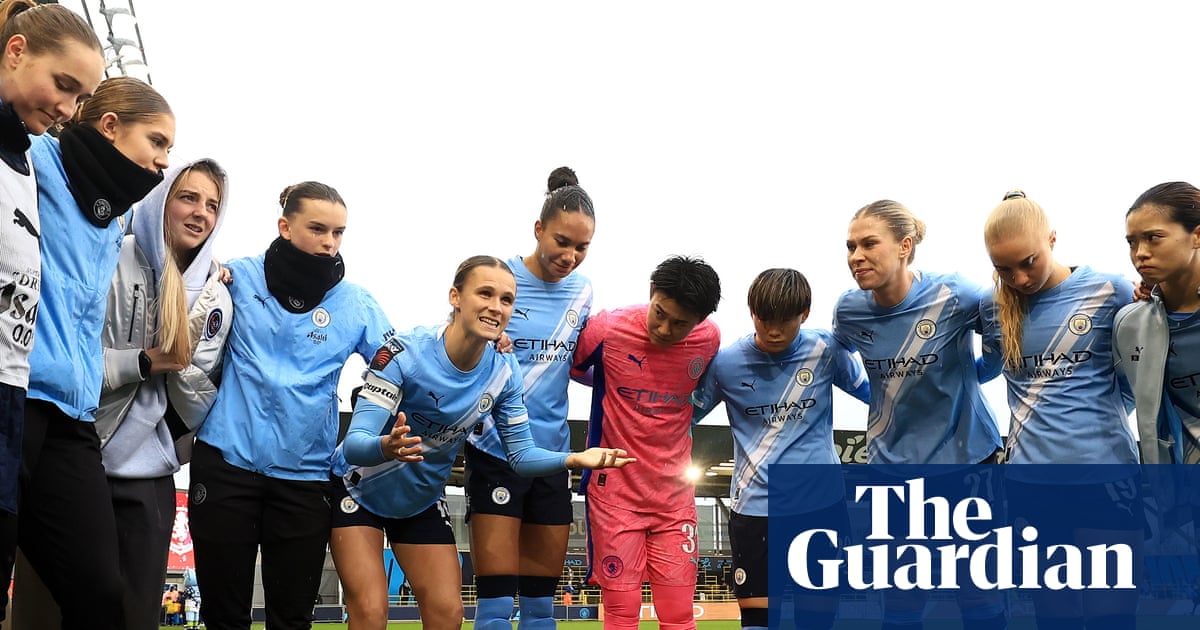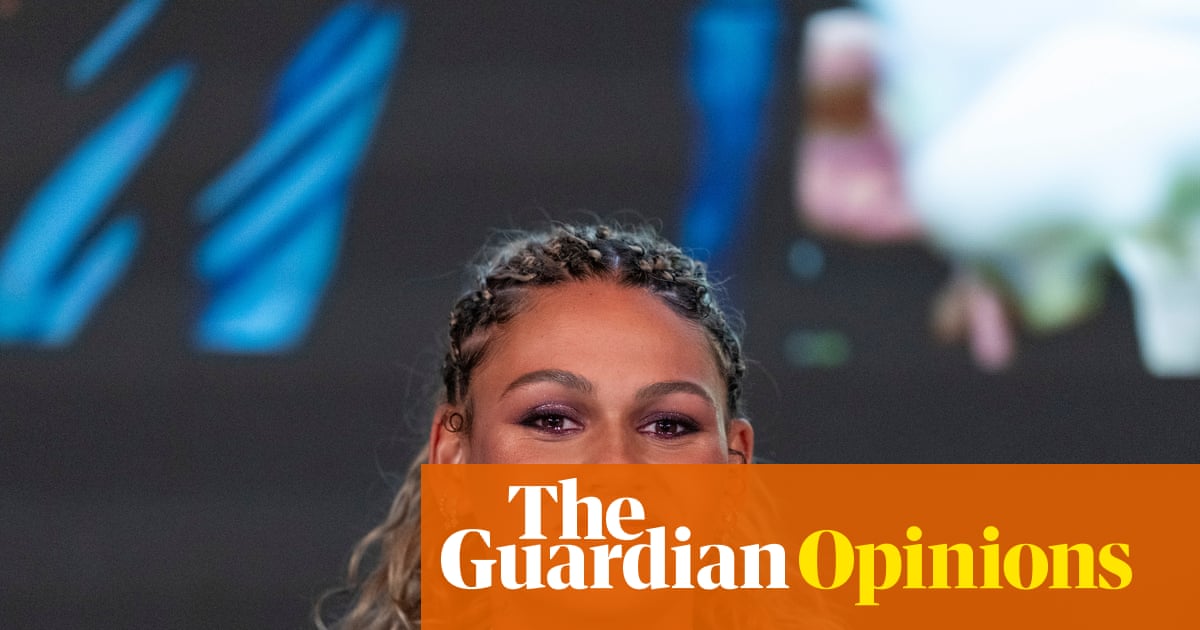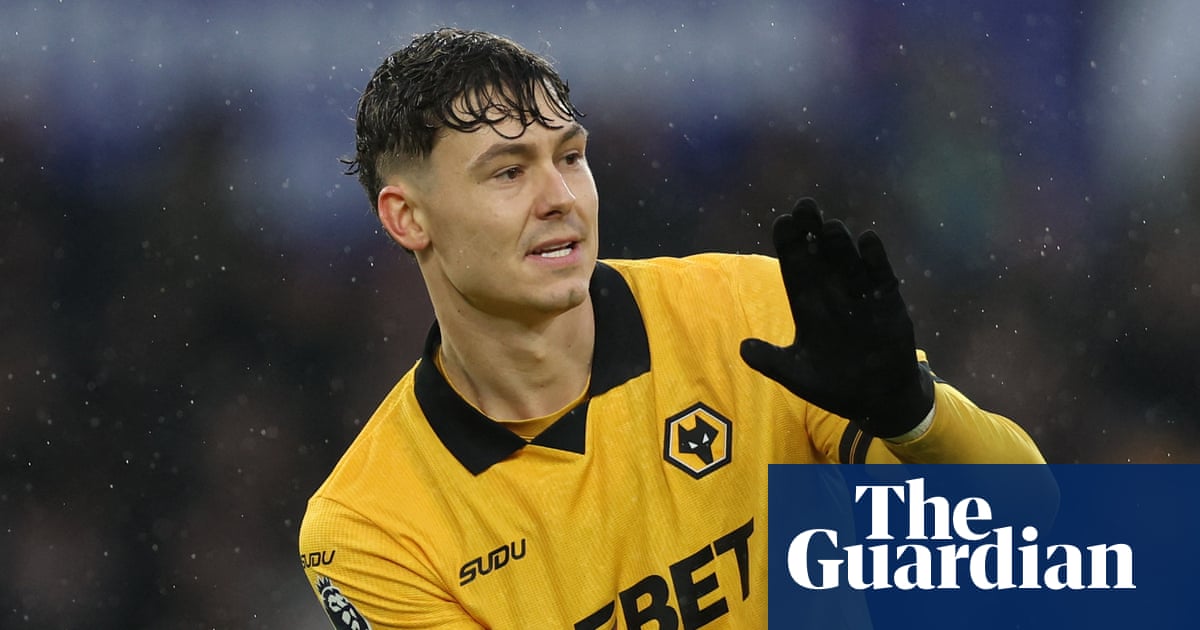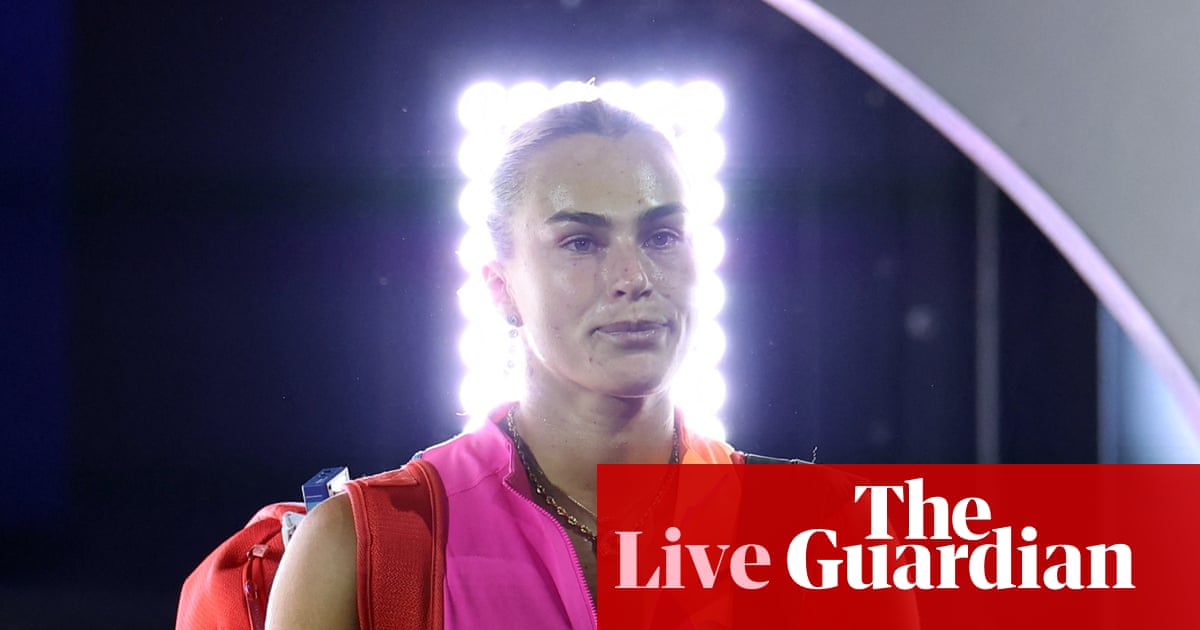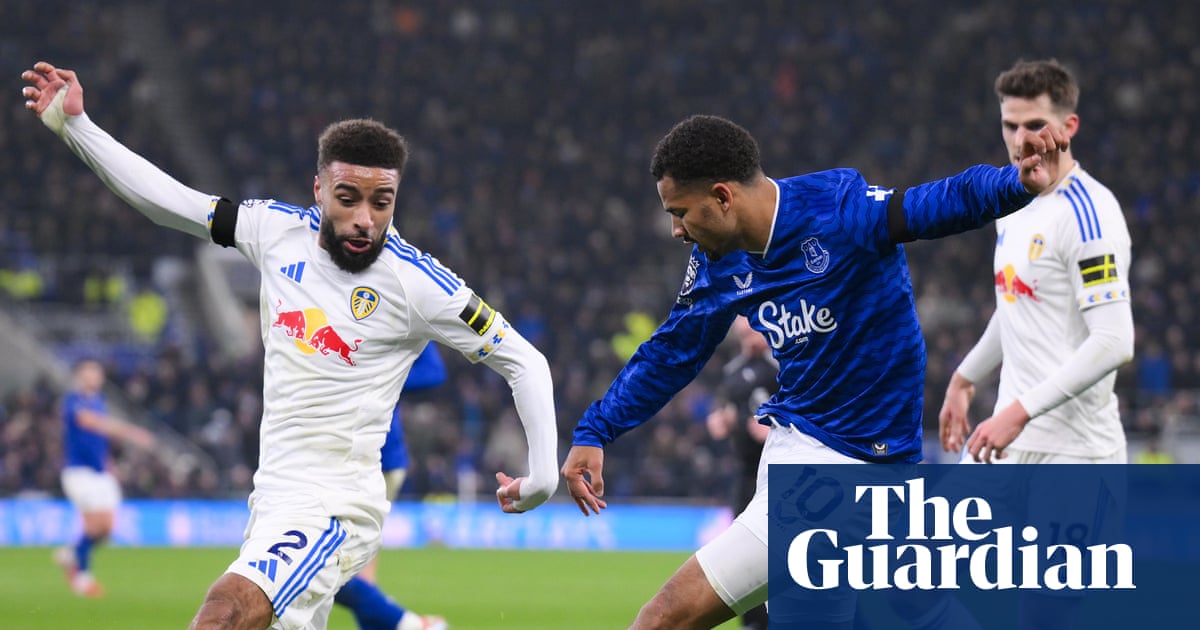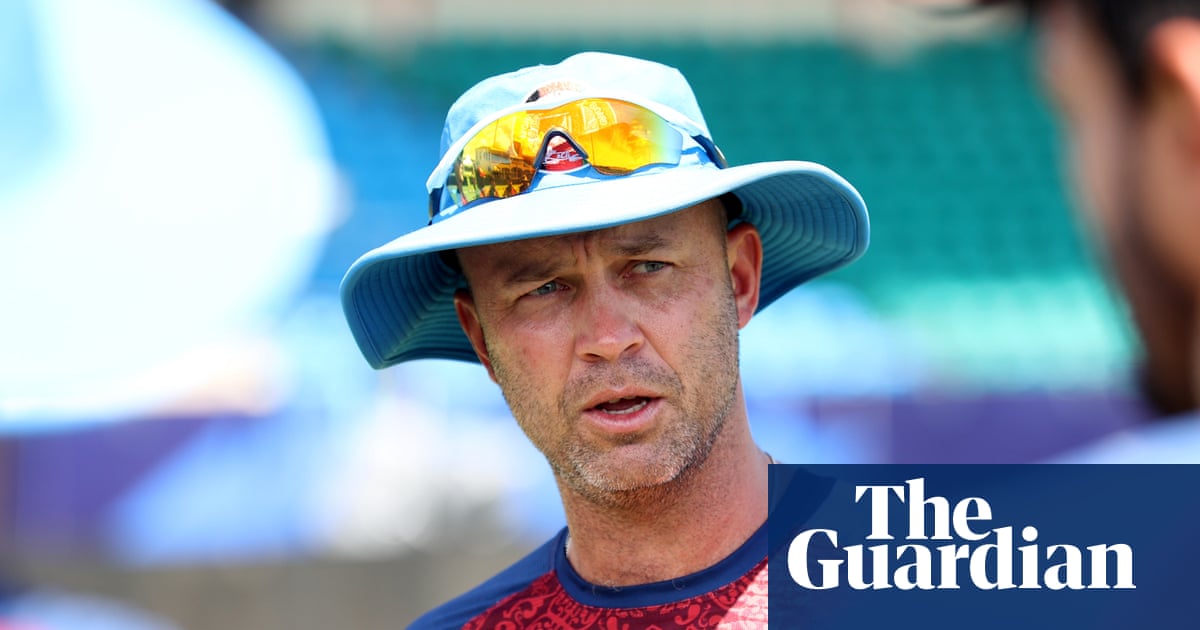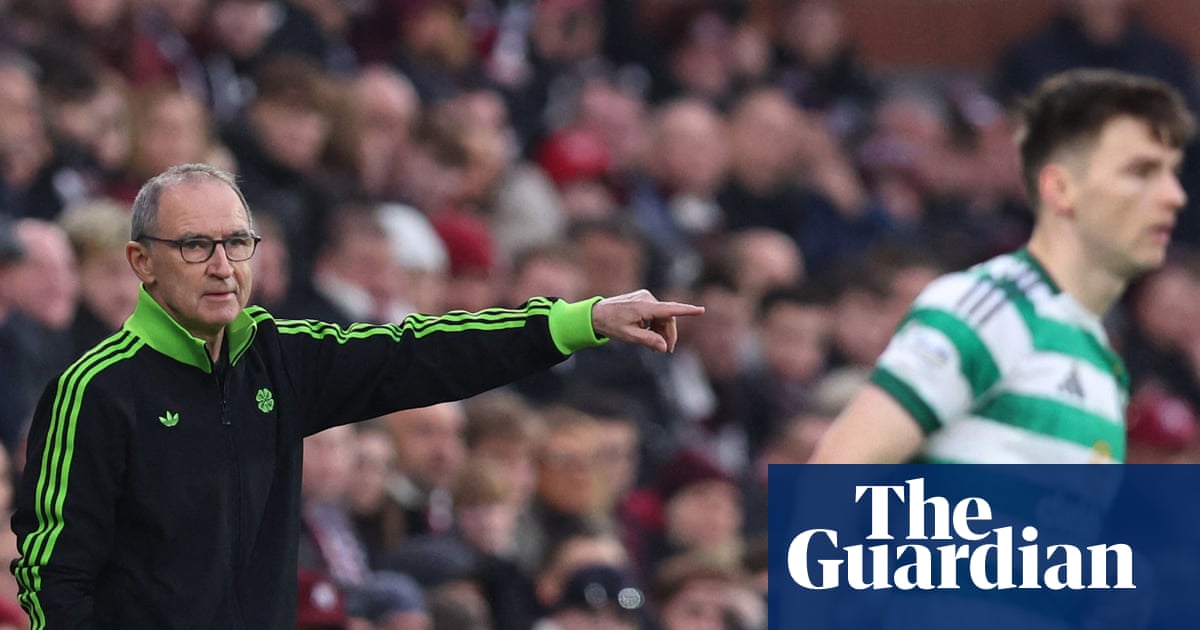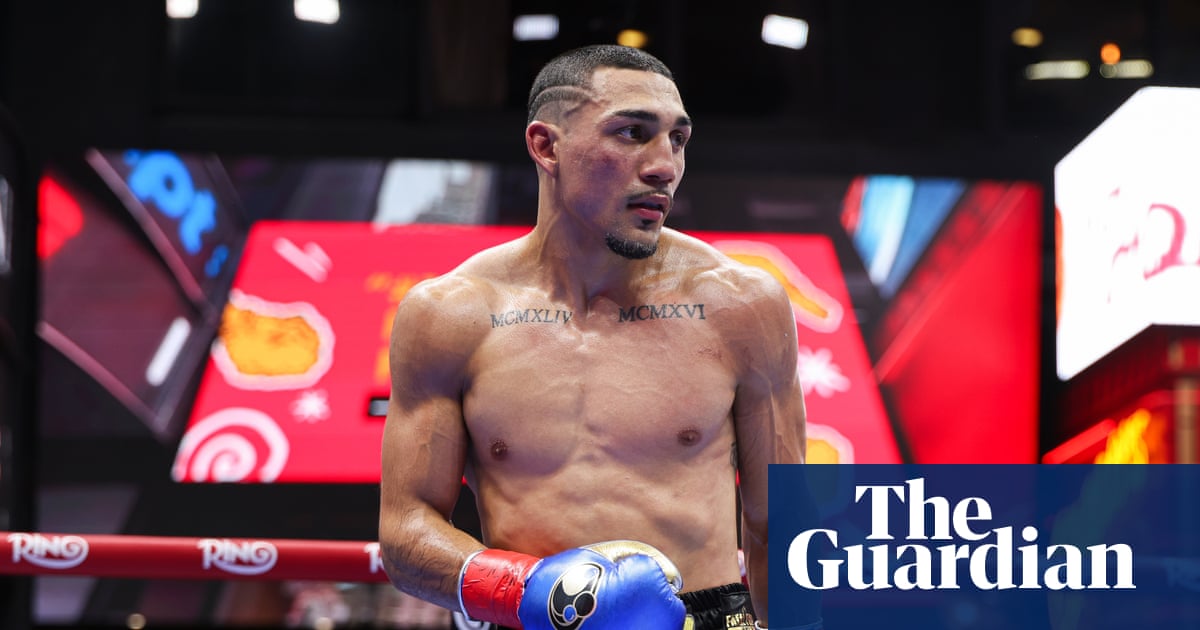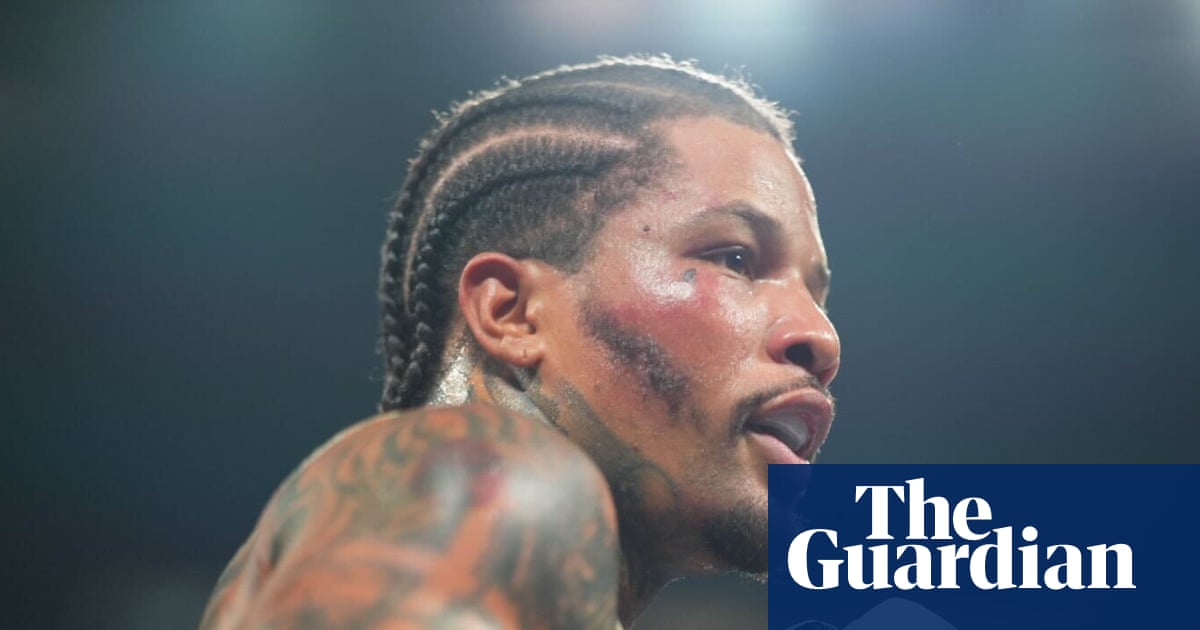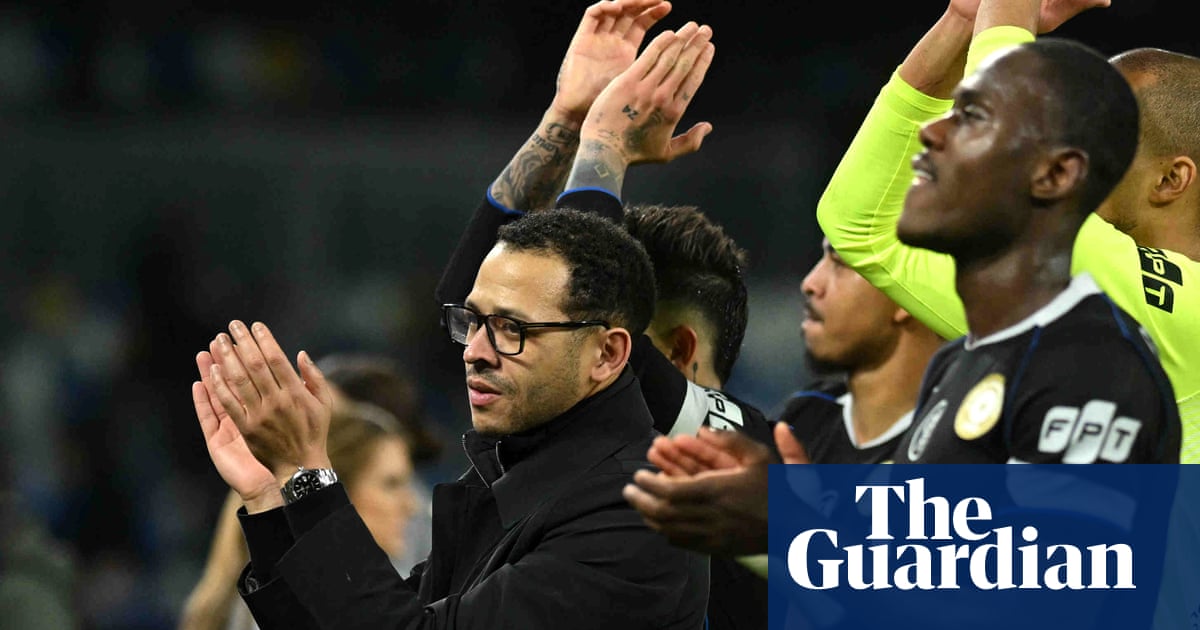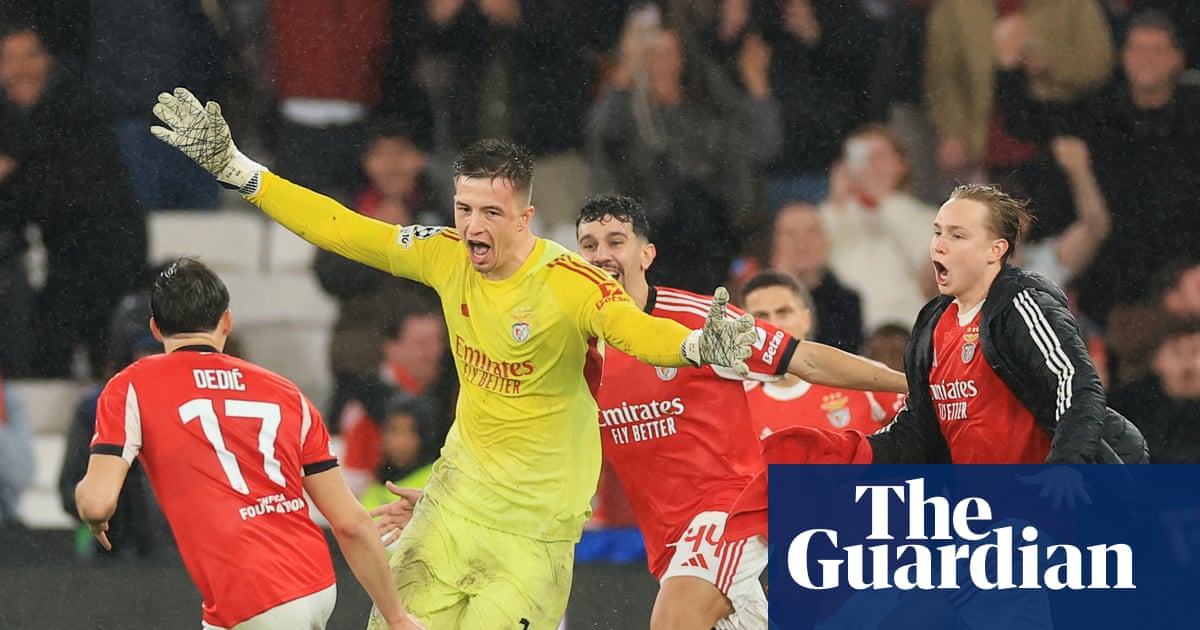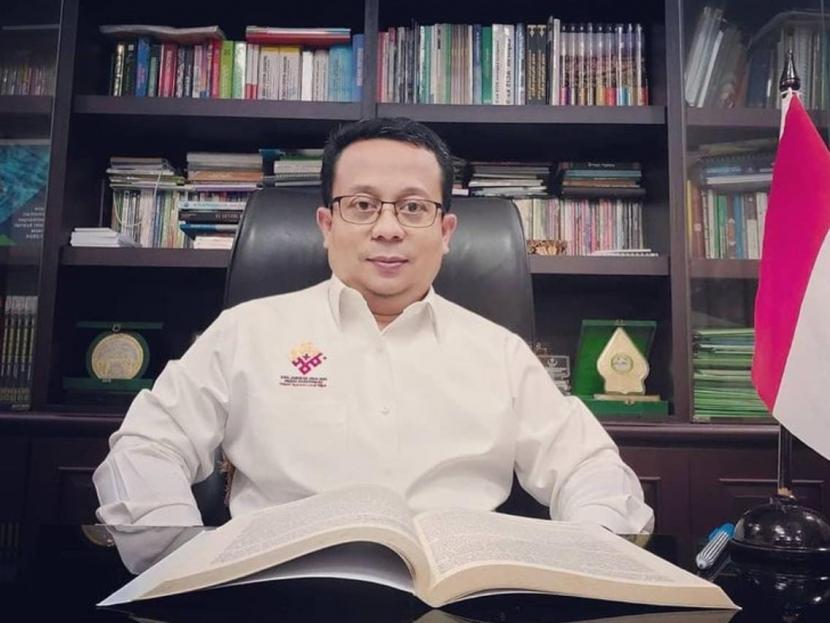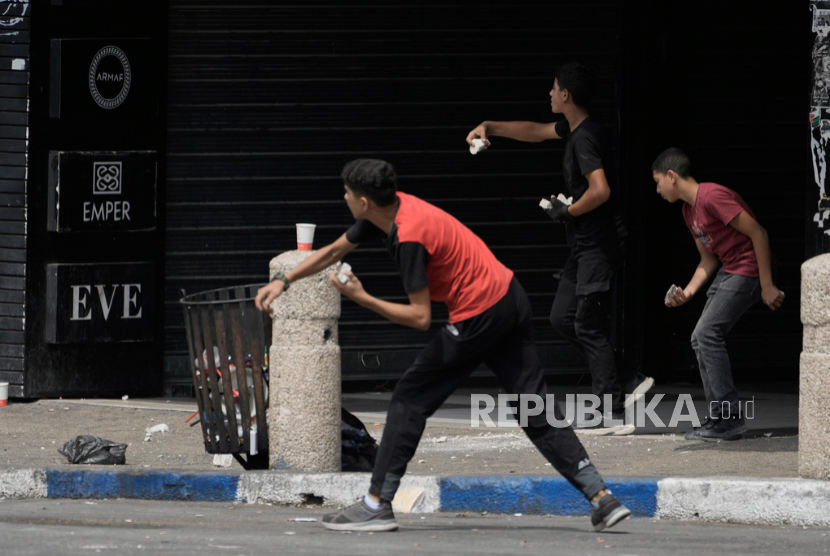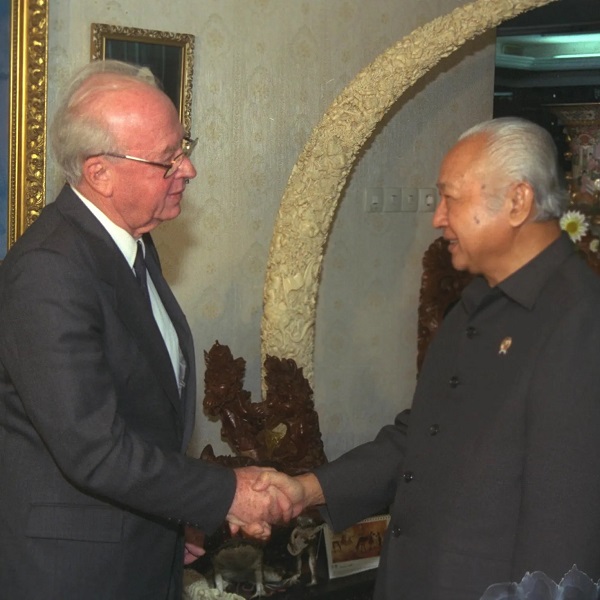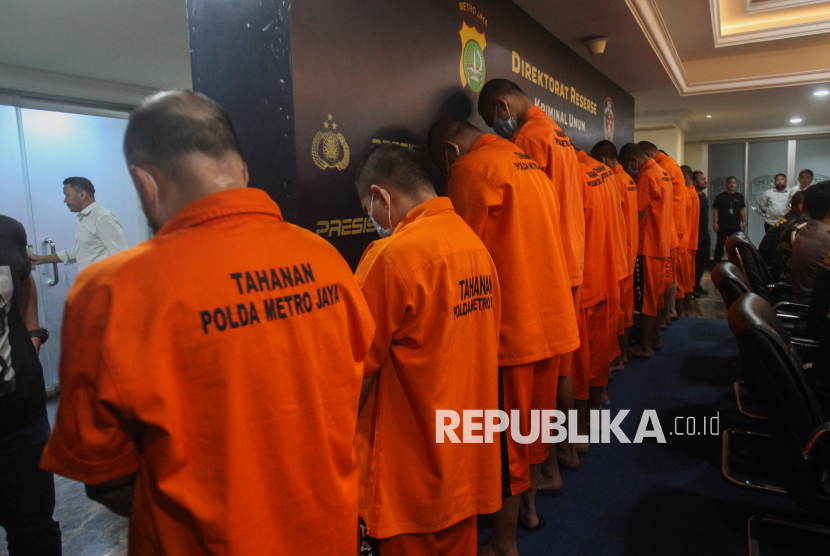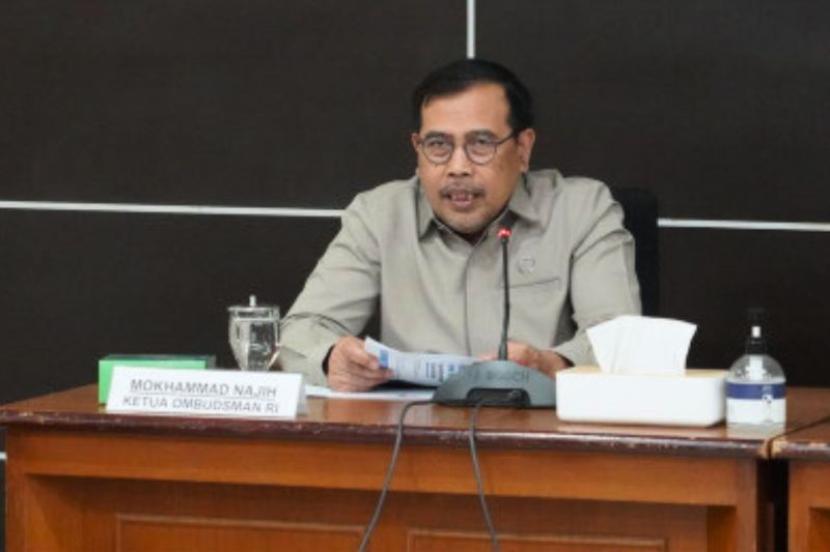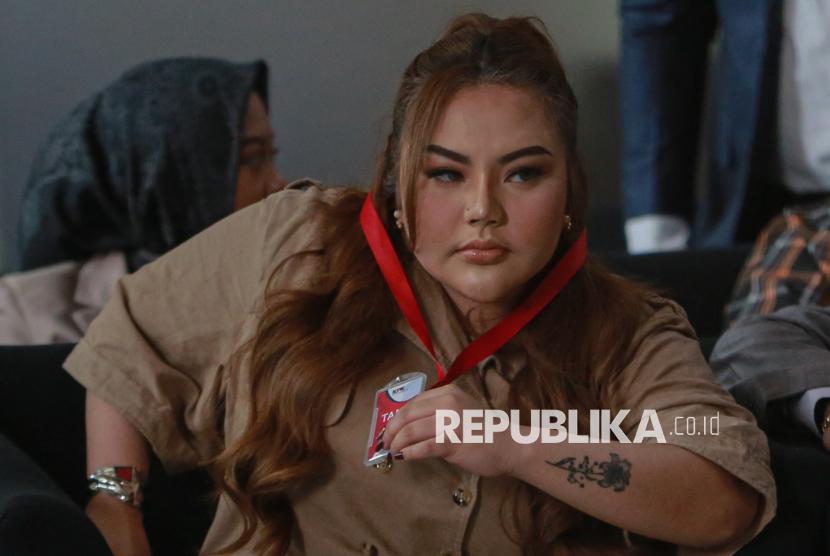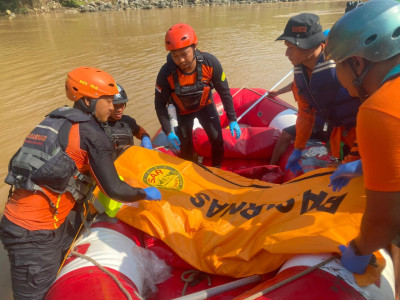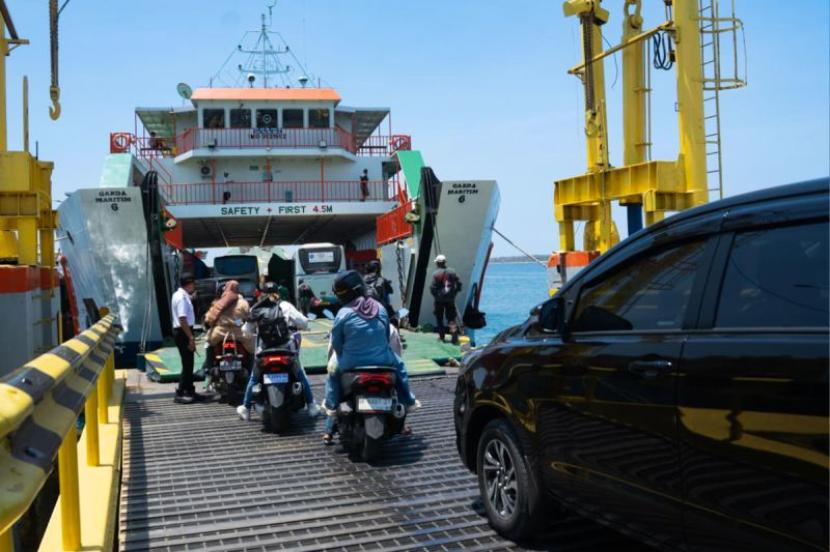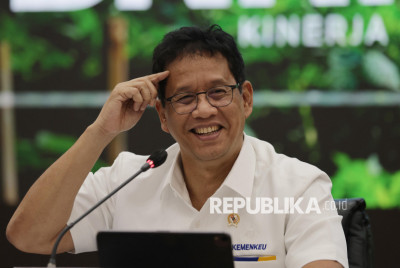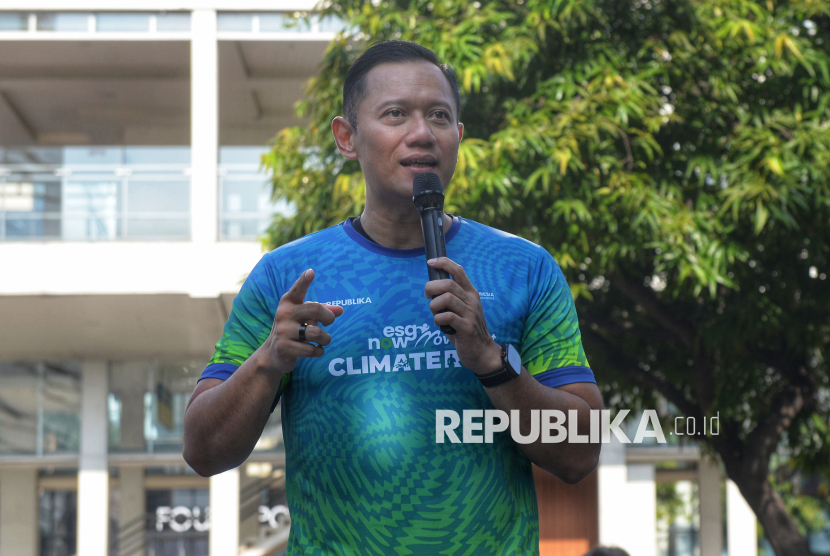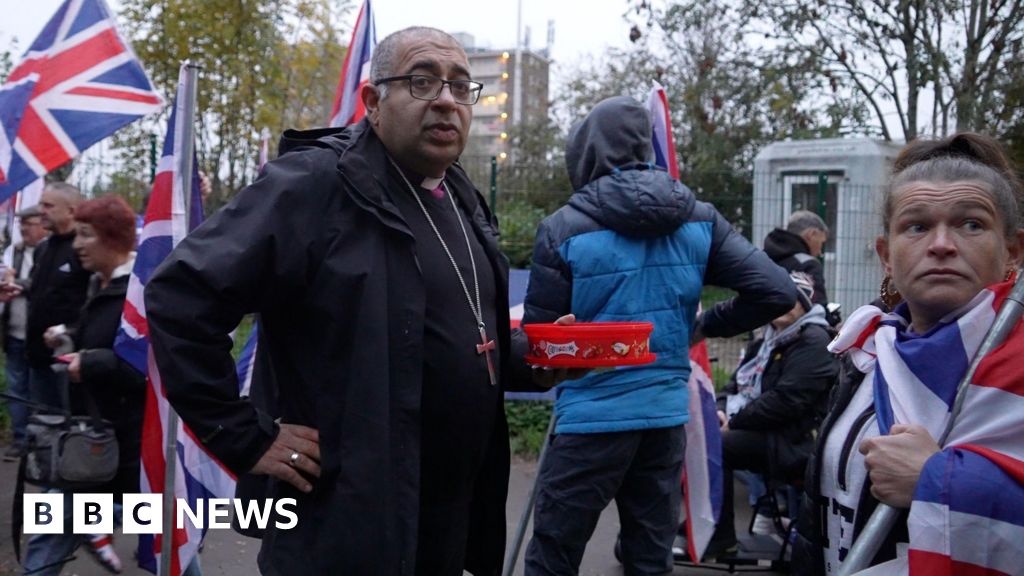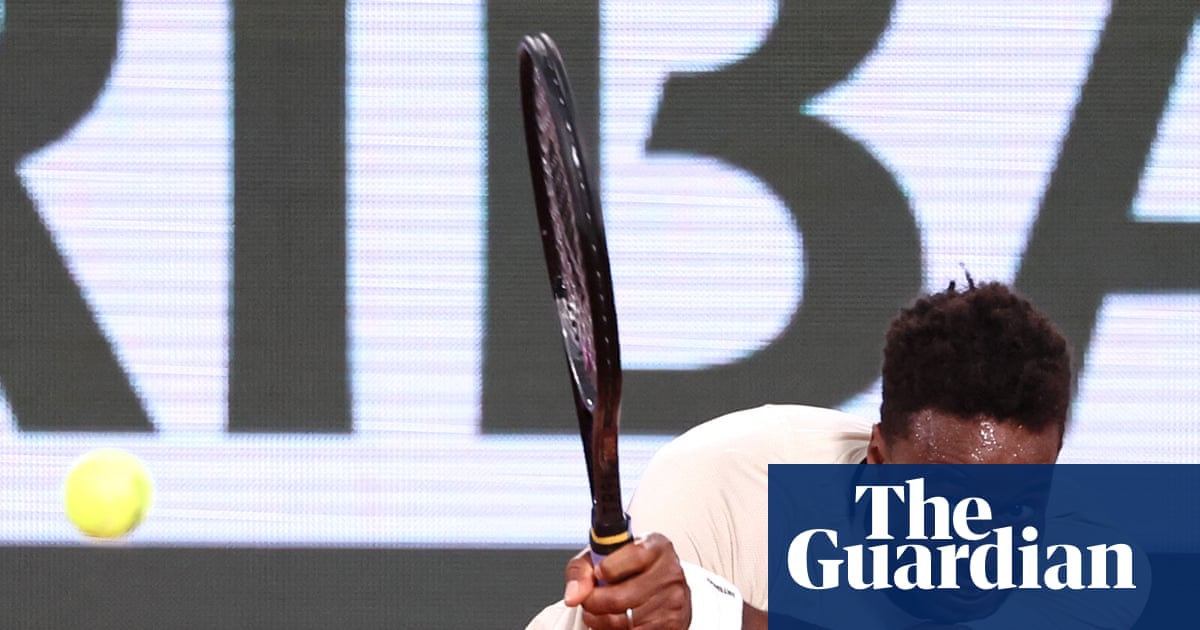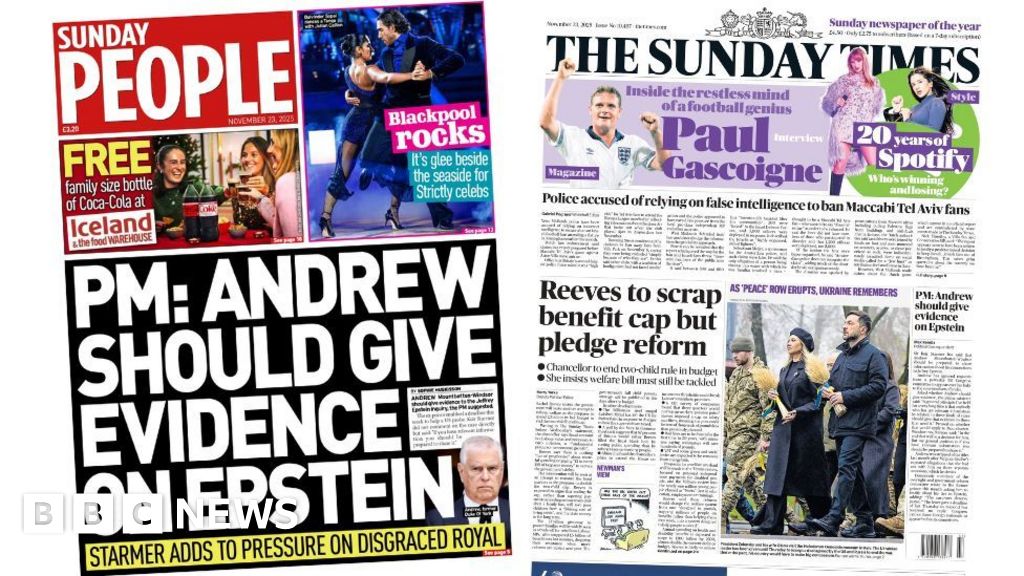It is shameful and discriminatory that deaf people are the only disabled community that does not receive any government funding to help them compete in elite sport, MPs have been told.
While UK Sport will invest £330m of government and national lottery funding into British Olympic and Paralympic sport over the Los Angeles 2028 cycle, the GB team for next month’s Deaflympics in Tokyo is having to raise the majority of the £450,000 costs themselves.
That is despite the Deaflympics having been established in 1924 and been recognised by the International Olympic Committee in 1955, over three decades before the Paralympics, the culture, media and sport select committee was told.
Chris Ratcliffe, the CEO of UK Deaf Sport, told MPs: “When it comes to elite sport, we are the only disabled elite sports group that have no access to funding whatsoever. I think that’s shameful, speaking forthrightly.
“No elite deaf athletes are funded by central government for the Deaflympics, nor have they ever been,” he added. “The current sports policy from the government is very clear. It supports the Olympics, it supports the Paralympics, and anything out of that remit is not funded. And we’ve been told up until now that that cannot and will not change.
How do I sign up for sport breaking news alerts?
Show- Download the Guardian app from the iOS App Store on iPhone or the Google Play store on Android by searching for 'The Guardian'.
- If you already have the Guardian app, make sure you’re on the most recent version.
- In the Guardian app, tap the Menu button at the bottom right, then go to Settings (the gear icon), then Notifications.
- Turn on sport notifications.
“We know the Paralympics does not have a classification for deaf athletes. The Deaflympics were established 101 years ago, and we were one of the founding members. We just find it very shameful that we can get no state help for our athletes.”
Radcliffe told MPs he wanted elite deaf sport in Britain to be treated equally with Olympic and Paralympic sport – and added that he would like to see it receive £3m over the next four years to help it prepare for the 2029 Deaflympics.
That figure is still substantially less than the £14m received by gymnastics and hockey, and the £12m given to equestrian and canoeing.
The British deaf swimmer Nathan Young, told MPs that most of his competitors at the Deaflympics, which has 3,000 competitors from 80 countries, were helped financially and said that the lack of support from the government amounted to discrimination.
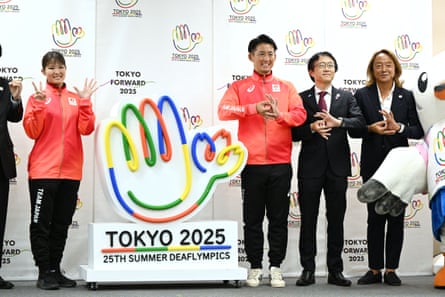
“It is discrimination at the end of the day,” he said. “I’m lucky enough to be ranked fourth in the world. I would like to take that next step. But when I stand on that block, and look to the left and look to my right, six out of those eight swimmers are funded.”
“In terms of disparities, on our journey we face roadblock after roadblock after roadblock,” he added. “Compared to Paralympians, who get funding, put on national TV, and are celebrated, deaf Olympic athletes don’t get a mention.”
The chair of the committee, Dame Caroline Dinenage, said that she backed the calls for more funding. “You said that you thought it was shameful that there was no support or representation for these elite deaf athletes and I agree with you,” she added. “I’m sure the rest of the committee feel the same way.”
.png)
 3 months ago
46
3 months ago
46

